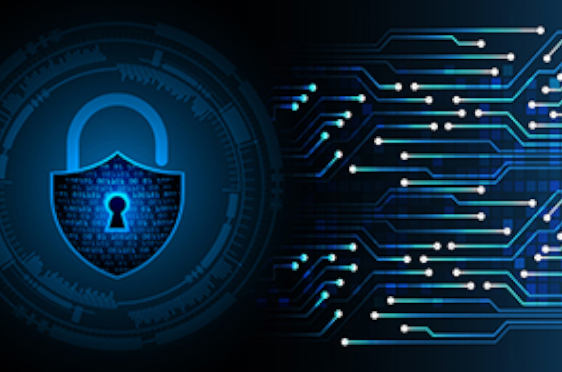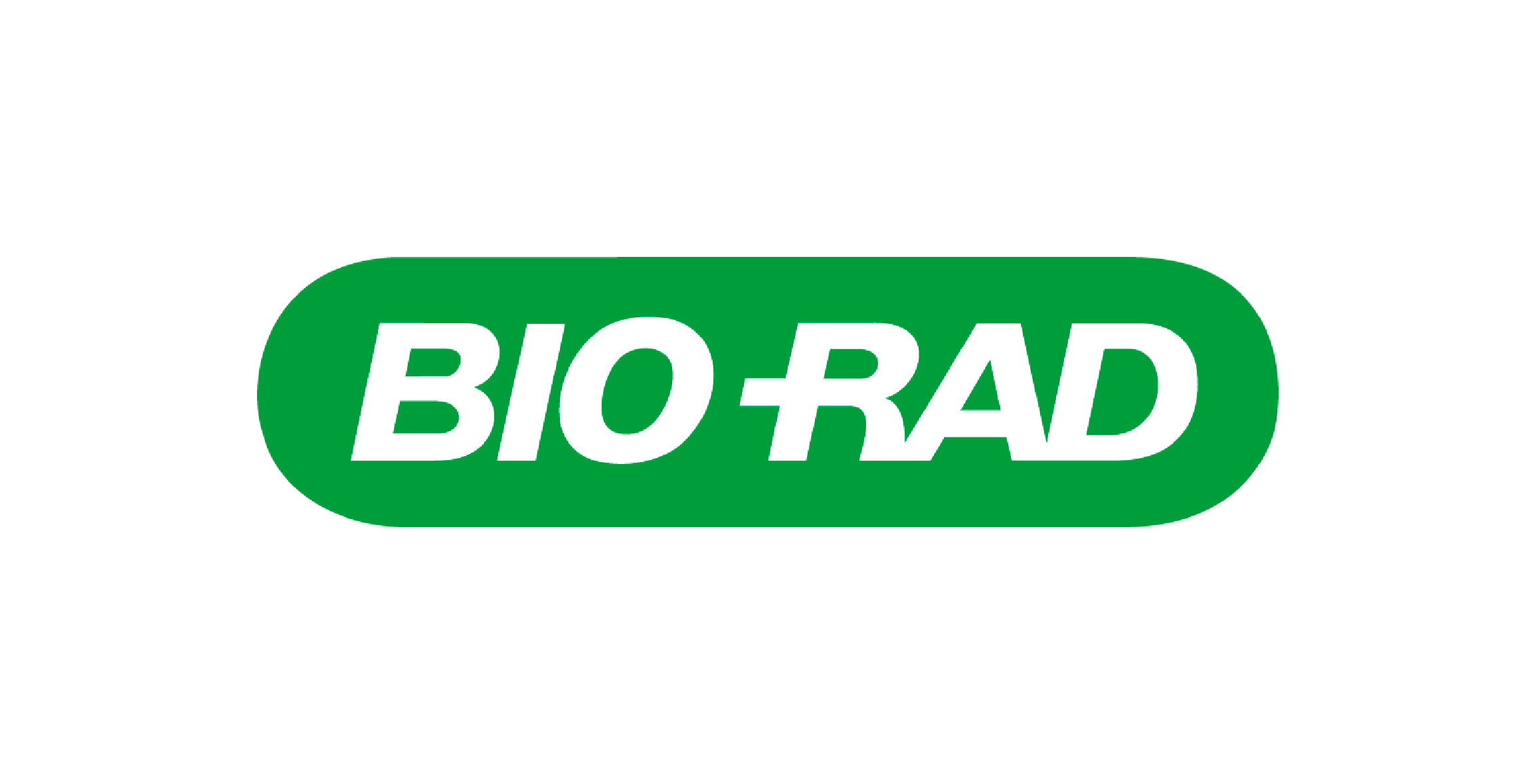Information Security
We have a responsibility to safeguard Bio-Rad and third-party data in a manner consistent with our Code, our policies, and the law.
We can only innovate and experiment with new ideas and products if our information and data are at hand and secure. Therefore, we are all committed to keeping the data and information we use, access, collect, process, and store safely and properly secured. Bio-Rad has developed policies and procedures to make sure we keep this commitment, so we must learn the procedures that apply to our role.
- Use or access data only when there is a business purpose for its use.
- Keep user IDs, passwords, and other security measures confidential.
- Make sure we are familiar with all of the information security procedures that apply to our role.
- When not working on the Bio-Rad network, make certain we follow all of Bio-Rad’s procedures for remote access and data protection.
- Never install software to Bio-Rad electronic devices unless specifically authorized to do so.
- Never download files or data to electronic devices unless authorized to do so.
- Contact the Chief Privacy Officer, Chief Compliance Officer or the Corporate Compliance Department if we believe a security breach may have occurred, or if we have any questions about our Information Security Program.


Expectations
- We must make sure we are familiar with and follow all of the information security and data protection procedures that apply to our role at Bio-Rad.
- When we are on the job – whether it’s at a Bio-Rad office, a local coffee shop, a healthcare provider, an academic institution, or a government agency — Bio-Rad’s online safety and security are a responsibility we all share.
- Be vigilant and watch for possible security threats such, as phishing emails. Remember, if you receive a suspicious email, never open any attachments, delete the email, and contact the Service Desk.
- We speak up, ask questions, and report any concerns we might have about suspicious activity or potential information or data breaches.
Training Videos in Multiple Languages
Key Terms
The use of electronic resources (computers and mobile devices) for conducting company business outside of a Bio-Rad network.
A form of phishing targeted to a specific individual or organization for financial gain or trade secrets.
Malicious software that compromises the operation of a computer system by performing unauthorized functions.
Type of malware which restricts access to and/or encrypts a computer system until a ransom demand is paid.

